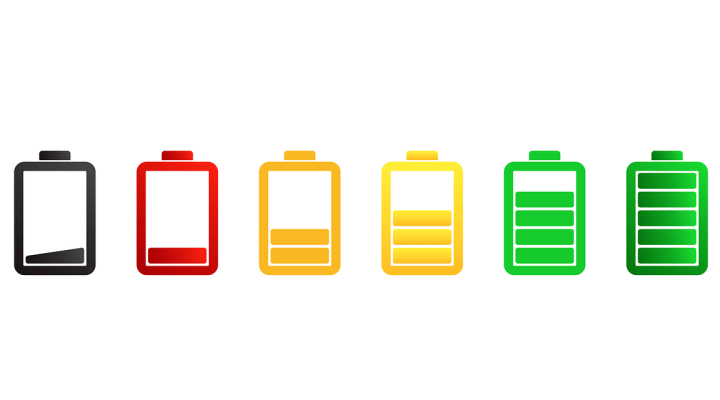As part of our Business: the next 25 years special report Joana Probert, Jane Jie Sun Career Development Fellow in Women’s Leadership, hosted a discussion, 'Intersectionality and the Future of Business', with School alumna Dr Jackie Chimhanzi, CEO of the African Leadership Institute, and Dr Bījna Kotak Dasanī, 2021 Digital Leader of the Year.
In their discussion they reflected how we all experience the world in different ways. It is a simple essential truth, but one with big implications in a world where power structures have historically been built around a limited number of viewpoints. Intersectionality means acknowledging that people have their own experiences of discrimination and that power lies on a spectrum - with white male privilege at the apex of entitlement, and at the other end, people with little or no access to opportunities. Increasingly, this is being acknowledged by business as key to understanding and creating a more balanced and sustainable world.
Covid-19 has coursed around the globe over the past two years, redefining previously intractable ideas of work, connection and globalisation - while also catalysing greater understanding and awareness around certain systems of inequalities.
This awareness of intersectionality has also been reflected in the ways in which businesses are now beginning to understand themselves. ‘You need to recognise that you're serving diverse customers, so it's also an appreciation of how you tailor your services to your customers’ needs,’ says Jackie. From a marketing perspective, it may be a no-brainer, but, as important, there is now the understanding that an organisation should mirror the customers it serves. As Jackie puts it: ‘How do we make sure that our staff or management or executives are as diverse as our customer base?’
Diversity allows us to see intersectionality clearly and, in turn, how it impacts equality. Bījna highlights how the effects of intersectionality are felt across organisations in many areas including pay equality, professional development and C-suite representation. ‘It absolutely affects who is on the job market and who is hired,’ she says.
Companies, then, need to address intersectionality through comprehensive diversity, equity and inclusion policies. And that drive must be global. As Chair of the ESG committee of Econet Wireless Zimbabwe, the second-largest listed company on the Zimbabwe stock exchange, Jackie notes that Africa has the youngest population of any continent, but its young people are too often shut out by what she calls ‘patriarchy, power, distance, and culture’.
Bījna notes that 130 million girls are not permitted to be at school. ‘I think we're living in a global crisis,’ she says. ‘And until we address these underlying issues, line by line, against the different strands that we call attributes of intersectionality, the disparity is going to continue.’
But are conversations about intersectionality happening in the world’s boardrooms with the frequency that is needed for real change? And what does ‘good’ now look like in an organisation? These are questions that all business leaders will have to answer as we move forward - as well as how to change the sticky fact that women are still a minority in the C-suite, regardless of industry, sector and geography.
For Jackie, the main challenge to intersectionality in the workplace is currently the lack of leadership. Humankind can muster resources to put a man on the moon, she notes, but not, it would appear, to tackle gender disparity in any meaningful way back on Earth. And while awareness, and education are crucial components, inequality in metrics such as health provision also work to shore up existing power structures. The effects of the pandemic on mental health, for example, look set to play out over a longer trajectory, with data showing that people who come from minority backgrounds are more likely to suffer.
Whichever way you slice it, business has a long way to go to improve intersectionality. Ultimately, as Jackie and Bījna make clear, moving the needle will require pragmatic action and proactivity at all levels.





